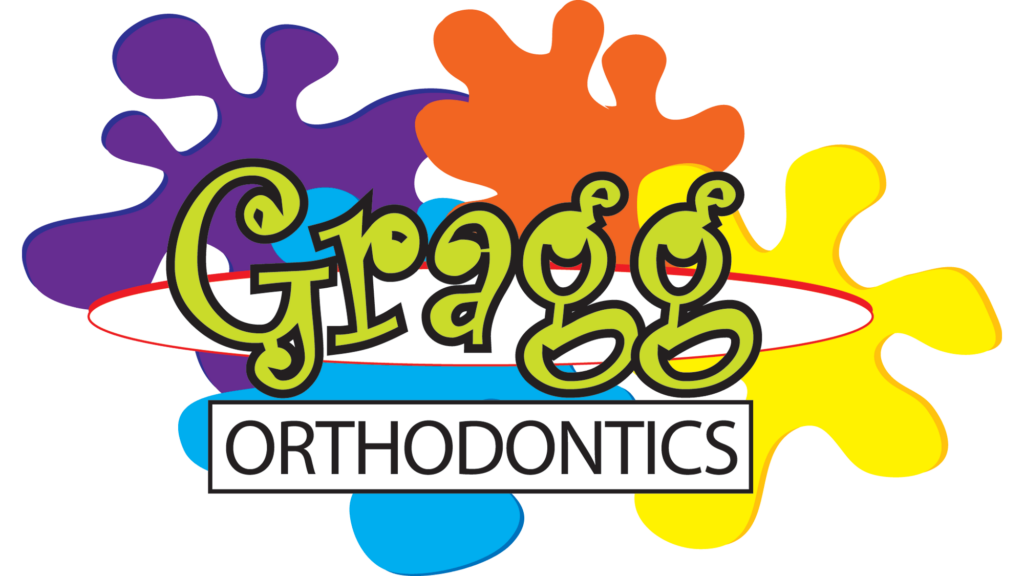Visiting an orthodontist can be an intimidating experience, especially if it’s your first time. Whether you’re an adult seeking to improve your smile or a parent considering treatment for your child, asking the right questions during your orthodontic consultation is crucial.
Not only will it help you understand the process better, but it will also allow you to make informed decisions about your treatment options.
This guide will walk you through the seven essential questions to ask during your orthodontic consultation, ensuring you get the most out of your visit and set yourself up for a successful orthodontic treatment.
Overview of the Orthodontic Consultation Process
Before we dive into the questions, it’s important to understand what happens during an orthodontic consultation.
Generally, the process involves:
- Initial Examination: The orthodontist will examine your teeth, jaws, and bite.
- Diagnostic Records: This may include X-rays, photographs, and impressions of your teeth.
- Treatment Plan Discussion: The orthodontist will discuss possible treatment options, duration, and costs.
- Q&A Session: This is your opportunity to ask questions and clarify any doubts.
Now that you have a basic understanding of the process, let’s explore the key questions to ask your orthodontist to ensure a comprehensive consultation.
1. What Treatment Options are Available for my Condition?
One of the first questions to ask is about the treatment options available for your specific dental condition. Orthodontic technology has come a long way, offering various solutions like traditional metal braces, ceramic braces, and clear aligners such as Invisalign.
Each option has its pros and cons, and the best choice will depend on factors such as the severity of your condition, your lifestyle, and your aesthetic preferences.
Understanding the different treatment options will help you make an informed decision. For instance, if you are looking for a discreet option, clear aligners might be the best fit. On the other hand, if you need more comprehensive treatment, traditional braces could be more effective.
2. How Long Will Treatment Take?
Knowing the duration of the treatment is crucial for planning your life around it. The length of orthodontic treatment varies from person to person, depending on the complexity of the case and the type of treatment chosen.
While some treatments may last only a few months, others could take several years.
Ask your orthodontist for an estimated timeline and what factors could potentially extend or shorten this period. Understanding the commitment involved will help you prepare mentally and logistically for the treatment process.
3. What are the Costs and Payment Options?
Orthodontic treatment can be a significant financial investment, so it’s essential to understand the costs involved upfront. Ask about the total cost of the treatment, including any additional fees for X-rays, retainers, or emergency visits.
Inquire about payment options as well. Many orthodontic offices offer flexible payment plans, orthodontic financing options, and will work with your insurance provider to maximize your benefits.
Knowing your financial commitments and options will help you budget accordingly and avoid any unexpected expenses.
4. Can You Show Before and After Photos of Similar Cases?
Seeing is believing. Ask your orthodontist to show before and after photos of patients with similar dental conditions. This will give you a realistic expectation of the potential results and help you gauge the orthodontist’s expertise.
Comparing these photos can also boost your confidence in the treatment plan and the orthodontist’s ability to deliver the desired outcome. It’s a tangible way to visualize your future smile and set realistic expectations for the treatment.
5. Will Treatment Affect My Daily Life?
Orthodontic treatments can impact various aspects of your daily life, from eating and speaking to oral hygiene routines. Ask about any lifestyle changes you might need to make during the treatment period.
For instance, certain foods might need to be avoided, or you might need to allocate extra time for cleaning your braces or aligners.
Understanding these impacts will help you prepare for the adjustments you’ll need to make and ensure that the treatment integrates smoothly into your daily routine.
6. What Happens If There are Complications During Treatment?
Orthodontic treatment is generally safe, but complications can occasionally arise. Ask your orthodontist about potential risks and how they handle complications if they occur.
This could include issues like broken brackets, discomfort, or prolonged treatment times.
Knowing the contingency plans and how the orthodontist addresses complications will give you peace of mind and confidence in the treatment process. It’s better to be prepared for any eventuality and know that you’re in capable hands.
7. What are the Maintenance Requirements After Treatment?
Once your braces are off or you’ve completed your aligner treatment, maintenance is key to preserving your new smile. Ask about the post-treatment requirements, including the use of retainers and follow-up visits.
Understanding the maintenance phase will help you commit to the necessary steps to keep your teeth in their new positions. Proper maintenance ensures that your investment in orthodontic treatment pays off in the long term, giving you a beautiful smile that lasts a lifetime.
The Significance of Each Question and How it Helps in Decision Making
Each of these questions serves a specific purpose in helping you make an informed decision about your orthodontic treatment. They cover critical aspects such as treatment options, duration, costs, potential lifestyle changes, and post-treatment care.
By knowing these questions to ask your orthodontist, you gain a comprehensive understanding of what to expect, allowing you to prepare adequately and set realistic expectations.
Being proactive and informed empowers you to take control of your orthodontic journey. It enables you to choose the best treatment option for your needs, plan your life around the treatment, and commit to the post-treatment requirements to maintain your new smile.
Conclusion
Orthodontic treatment is a significant step towards achieving a beautiful and healthy smile. By asking the right questions during your orthodontic consultation, you can ensure that you are well-informed and prepared for the treatment process.
Remember, your orthodontist is there to help you, so don’t hesitate to ask questions and seek clarification.
At Gragg Orthodontics, we believe in empowering our patients with knowledge and providing top-quality care. If you’re ready to take the first step towards your dream smile, schedule a consultation with us today. We look forward to guiding you on your orthodontic journey and helping you achieve a smile you’ll love.

